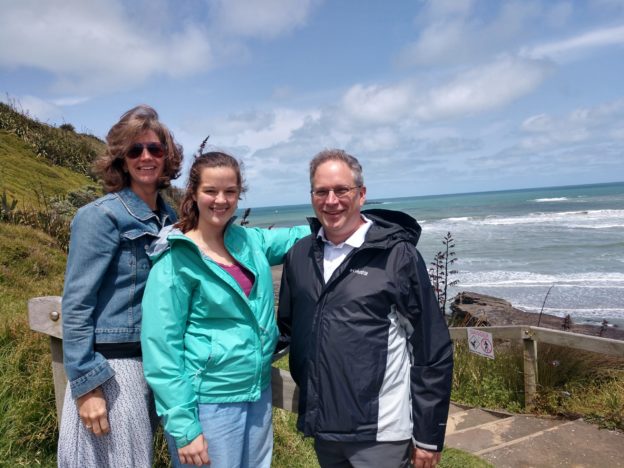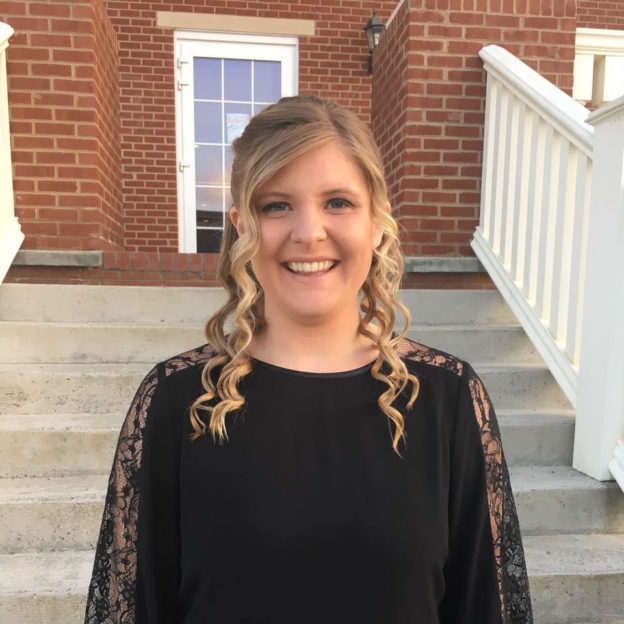Ministry in the Newly Distanced Church – Part 1 of 2
By Rev. Dr. Rob Haynes
Abide in me as I abide in you. Just as the branch cannot bear fruit by itself unless it abides in the vine, neither can you unless you abide in me. I am the vine, you are the branches. Those who abide in me and I in them bear much fruit, because apart from me you can do nothing. John 15:4-5
The profound effects of COVID-19 have forced thousands of churches into new forms of worship. The proliferation of online offerings including worship, Bible studies, devotional teaching times, prayer services, and the like has been staggering. Anecdotal evidence and objective research suggest that more people are engaging with churches in the new online environment than before the pandemic. This is cause for celebration! This also means that church leaders have an unprecedented challenge before them: how to effectively teach those they have reached how to stay connected to the true vine of which Jesus speaks. This presents exceptional challenges in a distanced church.
These challenges can present themselves in a variety of ways. While the advent of online worship may mean that more people can connect with a particular church, it might also mean that those who were regular attenders of that same church before the pandemic can now attend any number of other churches from the sofa. The strong influence of the “attractional church” model in recent decades has resulted in people moving to different churches whenever they feel they are not “being fed.” Ask people why they join a church community and they will frequently cite factors like the preaching style, the music in worship, the programming offered for their kids, or something similar. While all these can have merit, this also means that people are likely to move along to something else when a more attractive opportunity presents itself. In the newly distanced church environment, this can mean that church leaders might feel pressured into something of an “arms race” to provide the slickest online worship offering or a flashier digital resource than the church down the “virtual street.”
To use another image common in the scriptures, these digital resources have provided new ways to welcome lost sheep into the flock, but it has also provided easy ways for sheep to move from one pasture, and shepherd, to another. As these shepherds begin to see their flocks in person again, they are going to find new sheep that have found their way from a far-off place. They are also going to find that some of their sheep have left for what they considered a greener pasture. I have heard of churches who have welcomed new members who lived hundreds or thousands of miles from the physical location of the church. With the new opportunities presented by online offerings come new challenges of how to disciple new members of these congregations.
In the passage above, Jesus is reminding the disciples that being connected to one another means being connected to him and vice versa. There is a richness in the term “abide” that should not be overlooked. The Greek word is “meno” and is the same term used when:
- Jesus tells the disciples to remain in a town sharing and showing the love of Jesus. Matthew 10:11
- John the Baptist describes the dove descending and remaining on Jesus at his baptism. John 1:32
- Jesus tells Zacchaeus that he is going to stay at his house that day. Luke 19:5
- In the Garden of Gethsemane, Jesus asks the disciples to stay awake and pray with him while they remained with him as he was grieved, “even to death.” Matthew 26:38
This is not the first time we have seen an increase in participation in religious activities after a crisis. Churches frequently see an increase in attendance following a natural disaster or a tragedy. The key to ministry in these situations is providing biblical leadership on abiding after the shock of the tragedy fades. However, the COVID-19 crisis presents a unique situation in terms of the length of the impact and the precautions that must be taken to mitigate further harm as the initial impact passes. As churches begin reopening, church leaders and their congregations are finding new and challenging situations in terms of discipling newcomers to their congregation, caring for those who have remained, and reconnecting with those who have disconnected from the vine because the online environment meant they made their way to a new virtual, and distant, church.
Each of these situations will present opportunities and challenges which many leaders have not yet experienced. Fulfilling the mandate to teach people to “abide” will require new and innovative leadership. There is a particular power in being present with one another, in abiding. While physical distancing requires us to think about that in new ways, church leaders should remember the power of presence—real and virtual. In my next article, I will offer some practical ideas about ministering to the newly distanced church.
Read More: Part 2
For more information or questions, you can contact us at: info@worldmethodist.org.[/vc_column_text][/vc_column][/vc_row][vc_row][vc_column][vc_separator border_width=”6″][/vc_column][/vc_row]










 WME is excited to build on our successful launch of The Residency in Mission (RIM). Annie Kate Leinius will serve as the 2020 Resident in Mission in New Zealand. She joins Eliza Edge (2019-2020 RIM), who began her service in New Zealand in August. Annie Kate is working now to build financial and prayer support for her Residency. In addition, she is working with WME staff to gain important skills and training as she prepares for RIM and further lifelong ministry. We invite you to meet Annie Kate, by hearing more of her own story:
WME is excited to build on our successful launch of The Residency in Mission (RIM). Annie Kate Leinius will serve as the 2020 Resident in Mission in New Zealand. She joins Eliza Edge (2019-2020 RIM), who began her service in New Zealand in August. Annie Kate is working now to build financial and prayer support for her Residency. In addition, she is working with WME staff to gain important skills and training as she prepares for RIM and further lifelong ministry. We invite you to meet Annie Kate, by hearing more of her own story: